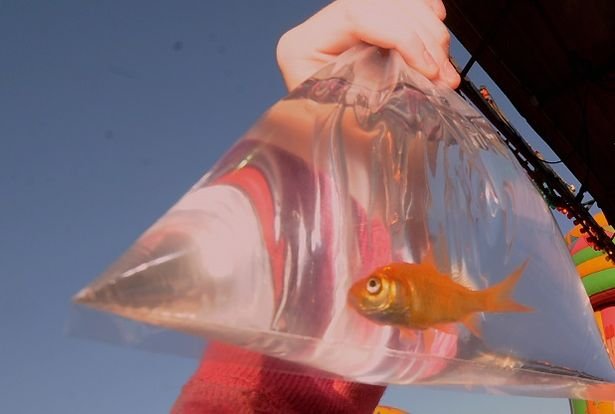BBC documentary “Saving Britain’s Worst Zoo” highlights what is so wrong with our attitude to zoos.
There shouldn’t be a ‘worst’ zoo in the UK in the first place.
BBC Wales and iPlayer are showing a documentary series “Saving Britains Worst Zoo” which depicts how a family buy a zoo called ‘Animalarium’ in Wales even though they admit “We didn’t have any idea of what we were doing.” There shouldn’t be a worst zoo in the first place if licensing authorities and inspectors were doing their job properly. So where were they and how can it be possible to allow such people to buy a zoo with dangerous animals? Do we really take public and animal safety so lightly.
“a place in the deepest depths of no-onesville very much like a zoo where species of a non-human form are kept and caged…and often escape”
ANIMALARIUM – Urban Dictionary definition.
In 2016 a zoo called Animalarium in the town of Borth, Wales came up for sale and was bought by a couple who by their own admission didn’t have any experience and within two years animals had escaped and died and they ran up a £350,000 debt. But sadly it appears few people see any problem or query how this could happen in our country of animal lovers with all our animal protection laws.
This is particularly so with the BBC, who appear to be encouraging such actions by not just showing one program but a whole series to advertise the zoo. The owners were interviewed on the BBC Breakfast show on the 23 July 2019 with smiles and commendation for their honesty as though they were some kind of heroes.
Borth Zoo or to use its hip name of Animalarium was sold by its owners of 15 years in 2016. In their media advertising of the sale they described who they were willing to sell to in this way:
“I would expect them to have at least some interest or experience and to research what running a zoo actually entails. The practical problems are a cross between running a boarding school and a prison. Anyone interested in the sale needs to have some experience of keeping exotic animals, but not necessarily from a zoo background as the staff are all experienced. Running a zoo is hard work but very rewarding.”
“We didn’t have any idea of what we were doing”
The family who bought the zoo were an “animal-mad couple” with three children who always wanted to live in Wales and were quoted as saying “we wanted a small petting farm to do animal and people therapy. We had 40 animals before we moved. We used to breed tortoises and had chickens, rabbits, chinchillas, everything. We didn’t have much of an idea what we were doing but everything I don’t know I research.” It would appear they also bought it as it had a nice two bedroom bungalow with sea views and of course they were animal lovers and had owned pets so had all the experience they needed to take on a zoo.

Their initial inept attempts at operating a zoo led to escapes and deaths of animals. In October 2017, a lynx escaped for 12 days before being shot in case it harmed “children.” A week later a staff member managed to strangle another lynx with a catch-pole (a rope noose on a pole) which was described as an accident but was probably due to lack of training in using such an implement. In the case of the escaped Lynx it was two days before they noticed it missing because the enclosure was apparently too overgrown to spot it. It seemed not to occur to them to search the enclosure in case it was sick, injured or dead.
At this point the local authority intervened and closed the zoo to the public for five months while they made over 26 improvements allegedly running up a debt of £350,000. Initially their licence to keep dangerous animals such as the lions and leopard was withdrawn but later reinstated. The zoo was obviously rundown when they bought it which doesn’t say much for the local authority licensing officers who should have been checking it. Inexplicably, the ban on keeping dangerous “category one” animals was then lifted by Ceredigion council as long as a qualified keeper was present. But why wasn’t there a qualified keeper in the first place?
The park’s owners claim that they act like a rescue centre for exotic animals and take in unwanted pets and animals from other zoos to provide them with a safe place to live for the rest of their lives. But how safe are their long term prospects.
One could pardon them on account of their naivety and put it all down as a steep learning curve, but at what cost. At least two lives of beautiful lynxes were lost while they learned on the job. Do we really take such lives so lightly. Should we be allowing the sale of zoos and similar animal attractions to anyone who feels they want to own one despite their experience and qualification. I blame the local authorities and lack of regulation for the deaths of the two lynxes.
